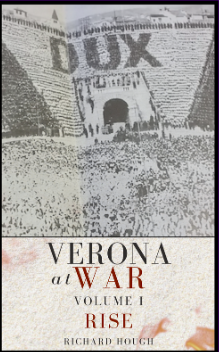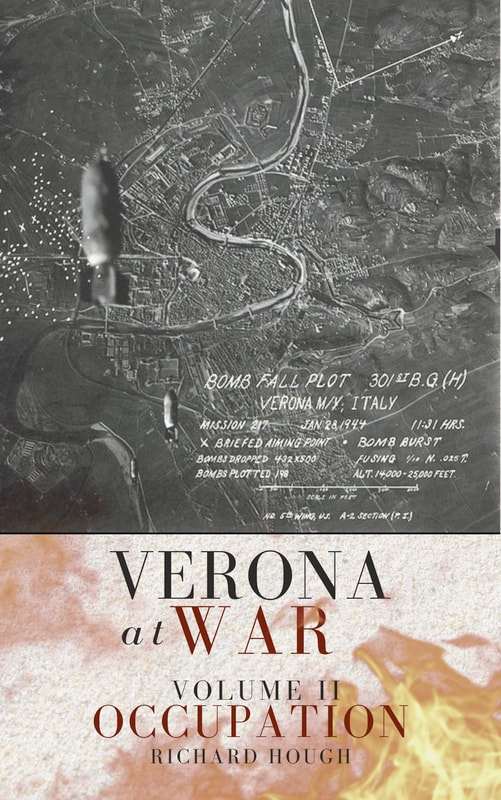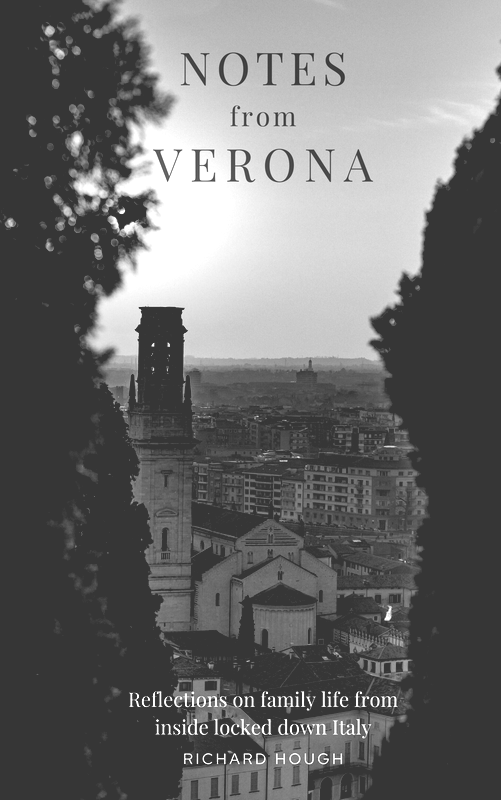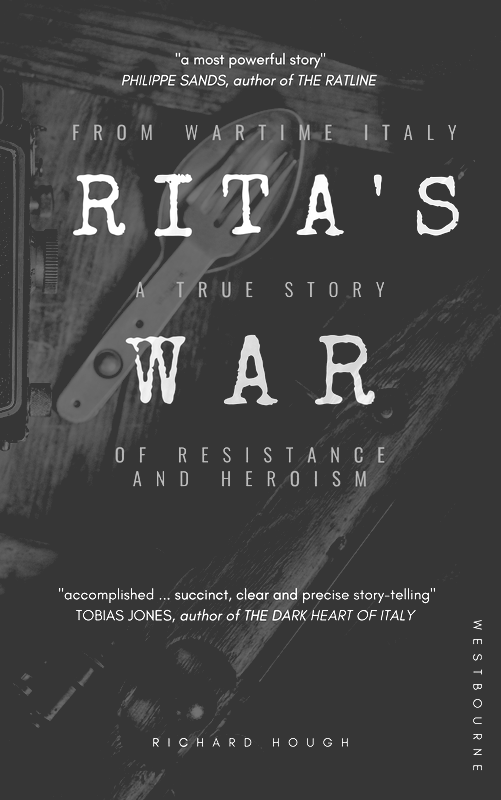|
Anger, frustration, confusion, doubt, disbelief, despair. And I’ve not even had my morning coffee yet! Well, we’re now 40 days into the lockdown [or at least we were on Friday when I began writing this blog], and I guess it’s normal that a crisis of this natures provokes such an intense emotional response. But how do we process these deep emotions without the usual outlets of football, the pub or a long run? Writing, reading, exercise and music all provide some relief from the tension/boredom/frustration of the lockdown. Alcohol also helps, but rarely before breakfast. For me, writing has been cathartic. No matter how confused or angry or worried I’ve been, I’ve always felt better after committing my thoughts to paper. Exercise is another escape. I lock myself in our subterranean garage for an hour each evening. Nothing more illicit than the early evening news and a few bench presses, but being out of the house, away from the kids and in my own space for an hour or so is liberating. I invariably return to the lockdown in better humour than I left. Since Tuesday, when there was a slight relaxation of the rules (certain shops have now re-opened and taking exercise within a 200 metre radius of your house is now permitted as long as you wear gloves and a mask), I’ve also taken to running up and down our street every other day. Fifteen 3-minute laps to rack up around 5 kilometres. Others in our neighbourhood have also begun to enjoy these first tentative steps of freedom beyond the confines of their homes and we discreetly acknowledge each other as we pass from a safe distance. Reading is another escape. For the first 30 days of the lockdown I could barely lift a book. The sustained concentration required to switch off from the minute by minute evolution of the crisis was beyond me. Besides, with two kids to feed, entertain and educate, finding a moment to pick up a book was never easy. But in the last week or so, I’ve started to read again. I turned to a book that has inspired me in the past. Stephen E. Ambrose’s Band of Brothers tells the story of a company of airborne light infantry established in the summer of 1942 at the height of the Second World War. The company was deployed in France, Holland, Belgium and Germany, before taking Hitler’s Eagle’s Nest at Berchstesgaden. Band of Brothers underlines the importance of training, preparation, equipment and, above all, leadership. Easy Company was blessed with outstanding NCOs and a company commander who led from the front. Reflecting on the hardships that generation endured and the sacrifices they made puts our own experience into some perspective. A final outlet during these challenging 40 days has been music. In the early days of the lockdown, we let our hair down with some extravagant guitar riffs and in-house shows. That soon gave way to a more melancholic air, as I introduced the kids to the joys of Simon and Garfunkel, the Verve and James Taylor (they'll thank me for it one day). More recently I’ve been revisiting some early Oasis, inspired by the Listen Up podcast, published last year to mark the 25th anniversary of the release of Definitely Maybe. Although it’s by no means my favourite album, it is one that, more than any other, defines my youth. Perhaps it’s that transcendence back to those days of youthful freedom, excess and discovery that is so comforting in these strange days of lockdown? Anyway, next week I’m gonna dust down my guitar. It’s never too late to be a rock star! |
AboutRichard Hough writes about history, football, wine, whisky, culture + travel and is currently working on a trilogy about wartime Verona.
|



